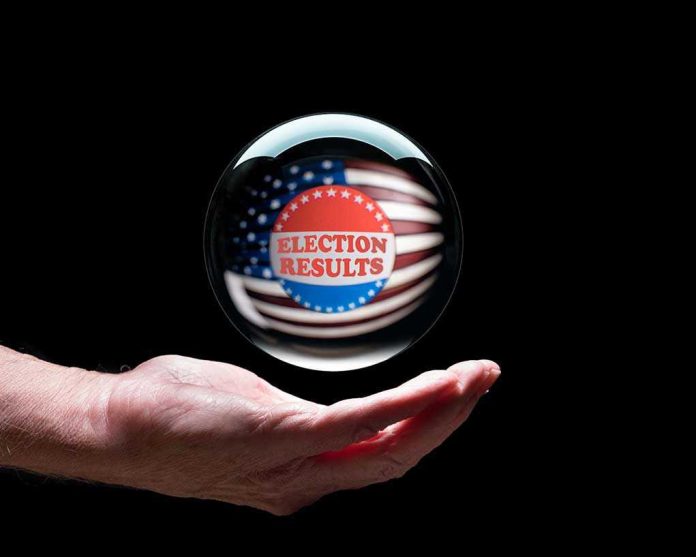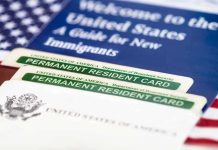
The Trump administration’s renewed push for voter data and election equipment access is rattling states and igniting a fierce debate over federal overreach vs. election integrity.
At a Glance
- The Trump administration is aggressively pursuing state voter data and access to election equipment.
- Federal agencies are exerting pressure on local election officials, sparking resistance and legal challenges.
- Democratic senators and local officials express concerns about voter suppression and privacy violations.
- There are increased threats and scrutiny on election officials amid federal intervention.
Federal Pressure on State Elections
The Trump administration’s relentless quest for election integrity has taken a new turn, as they demand access to voter data and election equipment from multiple states. This is a continuation of their long-standing narrative questioning the integrity of U.S. elections, particularly following the 2020 presidential race. The Department of Justice (DOJ) has filed lawsuits against local officials, including Orange County, California, accusing them of concealing noncitizen voter registrations.
State and local officials, most notably Colorado’s Carly Koppes, are resisting these federal demands, citing concerns over security and privacy. The decentralized nature of the U.S. election system places the responsibility of maintaining voter rolls and certifying results on states and localities, which makes federal intervention a contentious issue. The administration’s actions have sparked a wave of concern among election officials, who are already facing increased threats and scrutiny.
Concerns Over Voter Suppression
Democratic senators are raising alarms about the Trump administration’s lack of transparency and potential for voter suppression. The Department of Homeland Security (DHS) has upgraded its SAVE system to verify voter citizenship, yet details about this system remain largely under wraps. Critics argue that these actions could suppress voter participation, particularly among marginalized communities. The administration’s push for election data and equipment access is seen by many as a guise for voter suppression rather than genuine efforts to secure elections.
The DOJ’s legal actions and the administration’s demands for voter data are reminiscent of past attempts, such as the 2017 Presidential Advisory Commission on Election Integrity, which collapsed due to privacy and legal concerns. The current efforts, however, are far more aggressive, involving direct requests to states and legal action against non-compliant local officials.
Implications for Democracy and Federalism
The Trump administration’s push for centralized control over election administration raises significant concerns about the erosion of democratic norms and federalism. Election officials and legal scholars warn that these federal overreaches threaten the very fabric of U.S. elections, which have historically been managed at the state and local levels. By leveraging federal authority to pressure states, the administration risks undermining the traditional decentralization of U.S. elections.
The potential impact of these measures extends beyond the immediate concerns of voter suppression and privacy violations. Over time, such federal overreach could lead to a more centralized election system, reducing local autonomy and potentially disenfranchising eligible voters. Legal and political pushback continues to mount, with new lawsuits and federal actions announced regularly.







